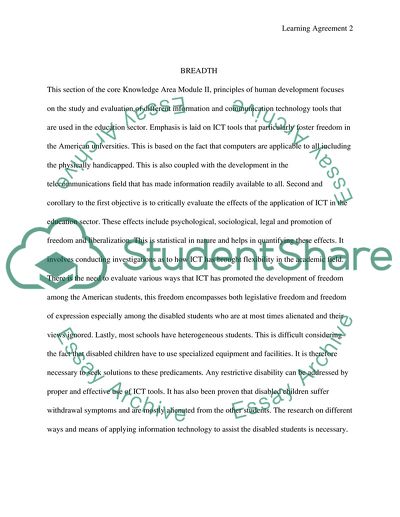Cite this document
(Professional Practice, Education, And Freedom In American Universities Essay, n.d.)
Professional Practice, Education, And Freedom In American Universities Essay. Retrieved from https://studentshare.org/education/1725118-kam-draft
Professional Practice, Education, And Freedom In American Universities Essay. Retrieved from https://studentshare.org/education/1725118-kam-draft
(Professional Practice, Education, And Freedom In American Universities Essay)
Professional Practice, Education, And Freedom In American Universities Essay. https://studentshare.org/education/1725118-kam-draft.
Professional Practice, Education, And Freedom In American Universities Essay. https://studentshare.org/education/1725118-kam-draft.
“Professional Practice, Education, And Freedom In American Universities Essay”, n.d. https://studentshare.org/education/1725118-kam-draft.


